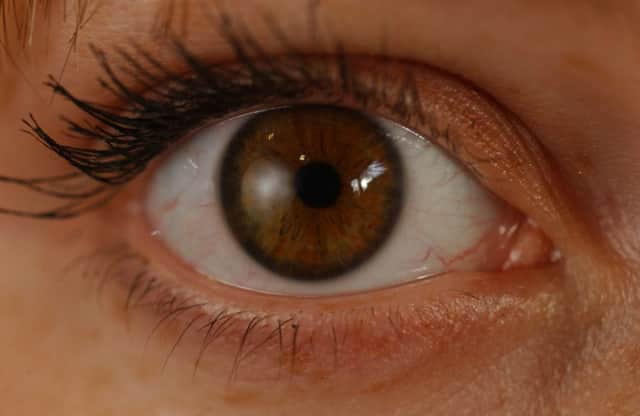Chris Marshall: Concern over national ID plans


Those who see the proposal as an Orwellian creeping of the state are particularly upset about the idea of every citizen having a unique identity number, a sort of barcode with which they can be identified by government agencies.
According to the Scottish Government, its plans to update the National Health Service Central Register (NHSCR) will help in collating population statistics as well as making it easier for agencies to share information about missing children. Another benefit will be an improvement in the information passed to HMRC.
Advertisement
Hide AdAdvertisement
Hide AdIn its submission to the government’s consultation on the plan, the Information Commissioner’s office said it was worried about “the creeping use of unique identifiers to the extent that they could become the national identity number by default”.
The Lib Dems have been particularly vocal on the issue and have secured a debate on the issue in Holyrood today. The party will call for the plans to be scrutinised in primary legislation.
FOLLOW US
SCOTSMAN TABLET AND MOBILE APPS
But what’s all the fuss about identification numbers? We already have National Insurance numbers and the amount of data which can be gathered from sources as seemingly innocuous as Nectar cards is alarming. Frankly, the Rubicon has already been crossed in that regard.
Where the commissioner is right to raise questions is about how the government has failed to make the case for why these changes are needed.
At present, the NHSCR holds basic details for everyone registered with a GP, allowing medical records to be moved quickly and efficiently when a person moves. The benefits of improving the system and introducing Unique Citizen Reference Numbers to allow the public to log in to online public services have already been identified.
But improvements in collecting statistical information, tax and tracing lost children are simply happy by-products of the process.
As the commissioner’s office itself identified, they are benefits “arising” from the changes rather than the reason “driving them”. On the most compelling of these – tracking down vulnerable young people – the Registrar General for Scotland already has the power to disclose information to charities and solicitors in tracing missing persons.
All of which leads the cynically minded to ask exactly why these changes are needed. The list of public bodies which would be entitled to access the information, and which includes the likes of Quality Meat Scotland and Scottish Canals, should give us further cause for concern.